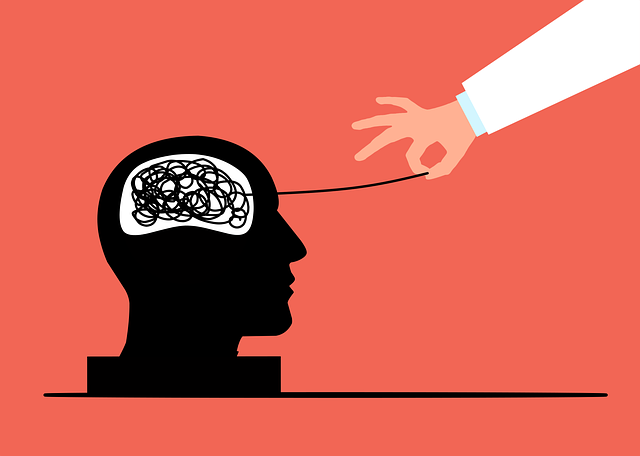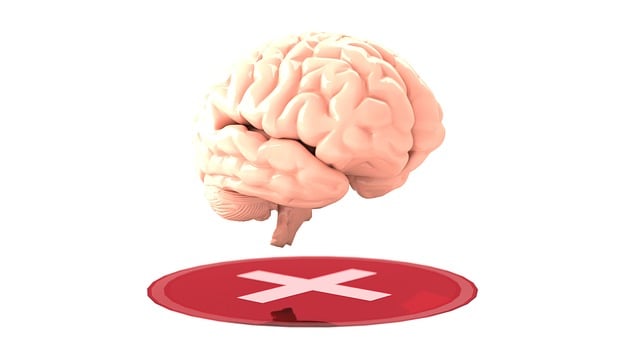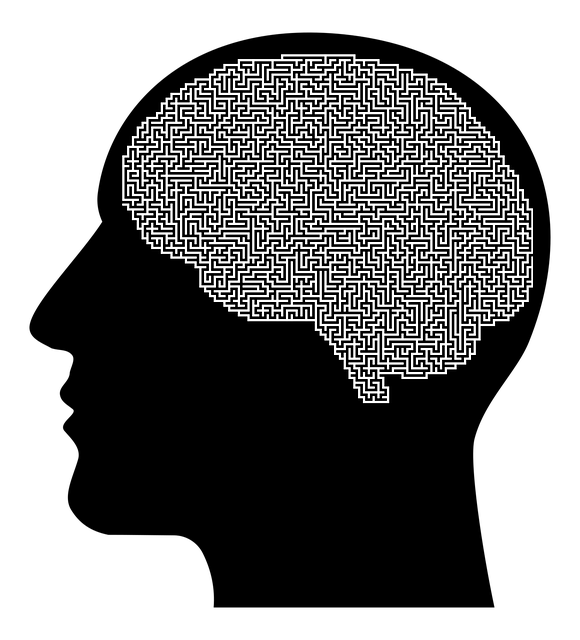In today's digital age, mental wellness apps are transforming access to support, especially in remote areas like Louisville. The Louisville Codependency Therapy app offers interactive tools for users dealing with codependency and seeking anxiety relief or trauma support. With evidence-based practices like CBT, mindfulness exercises, and online support groups, the app aims to improve mental health outcomes. Development involves market analysis, strategic design, rigorous testing, and targeted marketing to reach specific audiences effectively, fostering community and awareness through social media engagement and partnerships with local professionals.
In today’s fast-paced world, mental wellness apps are becoming indispensable tools for managing stress, anxiety, and codependency. With the rise of digital therapy solutions, individuals seeking support now have accessible resources like the Louisville Codependency Therapy app. This article delves into the essential components of app development, exploring key features, marketing strategies, and user engagement tactics that make it a game-changer in addressing codependency. Understanding the need for such apps is the first step towards fostering better mental health outcomes.
- Understanding the Need for Mental Wellness Apps
- Key Features and Functions of Louisville Codependency Therapy App
- Development Process: Building an Effective Digital Therapy Solution
- Marketing and User Engagement Strategies for Success
Understanding the Need for Mental Wellness Apps

In today’s fast-paced world, mental wellness is a crucial aspect often overlooked in our pursuit of success and achievement. This is where mental wellness apps step in as a game-changer, providing accessible tools for individuals seeking support. The demand for such applications has been steadily rising, especially with the ongoing global health crisis highlighting the importance of mental health awareness. Apps focused on therapy, stress management, and self-care routine development are becoming increasingly popular, offering affordable and convenient solutions for those in need, even in remote areas like Louisville.
By incorporating effective communication strategies, these apps cater to a wide range of users, from individuals dealing with codependency issues to those merely seeking an outlet for their daily struggles. They provide platforms for self-reflection, offer tailored recommendations for stress management, and encourage the adoption of healthy habits, ultimately contributing to better mental health outcomes. With the rise in digital accessibility, these apps have the potential to reach a vast audience, ensuring that support is readily available when it’s needed most.
Key Features and Functions of Louisville Codependency Therapy App

The Louisville Codependency Therapy App is designed to offer a comprehensive digital space for individuals seeking to understand and overcome codependent behaviors. Key features include interactive modules that educate users on identifying codependent patterns, setting healthy boundaries, and fostering self-care practices. The app encourages self-reflection through journaling prompts, allowing users to track their progress and gain insights into their relationships. One standout function is the virtual therapy sessions, enabling individuals to access professional guidance from the comfort of their homes. These sessions incorporate evidence-based techniques such as cognitive-behavioral therapy (CBT) to help users develop healthier coping mechanisms and improve their mental wellness.
Additionally, the app integrates various stress reduction methods tailored to address codependency’s underlying issues. It promotes mindfulness exercises and relaxation techniques to support users in managing anxiety and promoting emotional balance. Moreover, the Louisville Codependency Therapy App facilitates connection with a network of like-minded individuals through online support groups, fostering a sense of community and shared experiences. These features are particularly beneficial for those seeking alternative or supplemental approaches to traditional healthcare provider cultural competency training and depression prevention methods.
Development Process: Building an Effective Digital Therapy Solution

The development process of a mental wellness app, particularly for therapies like Louisville Codependency Therapy, involves careful planning and execution. It starts with understanding the specific needs of the target audience—individuals seeking anxiety relief or trauma support services. Researchers conduct thorough market analysis to identify gaps in existing solutions and gather insights from professionals in the field, ensuring the app aligns with evidence-based practices.
Next, designers and developers collaborate to create a user-friendly interface that promotes engagement while delivering effective crisis intervention guidance. Features such as personalized therapy sessions, mood tracking, and access to resources for trauma support services are integrated. Rigorous testing and feedback loops are implemented to refine the app’s functionality, ensuring it provides accurate information and supports users’ mental health journeys effectively.
Marketing and User Engagement Strategies for Success

Marketing and User Engagement are key aspects that can make or break a mental wellness app’s success. To attract users seeking Louisville Codependency Therapy, focus on creating content that resonates with this specific audience. Highlighting practices like Compassion Cultivation and Self-Awareness Exercises within your marketing strategy will cater to their needs and showcase your app’s unique value proposition. Utilize social media platforms to share relatable stories and tips, fostering a sense of community around mental health awareness.
Engaging users requires more than just attracting them; it involves retaining their interest over time. Implement interactive features that encourage regular use, such as personalized daily challenges or progress tracking. Encourage user feedback by providing channels for reviews and suggestions, demonstrating that their input is valued. Additionally, consider partnerships with local mental health professionals to cross-promote services, enhancing your app’s credibility while expanding its reach, especially in the context of Risk Management Planning for Mental Health Professionals.
Mental wellness apps, such as the Louisville Codependency Therapy solution, are transforming access to critical mental health support. By integrating key features like personalized therapy sessions, coping mechanisms tracking, and community forums, these applications offer a scalable and accessible approach to addressing codependency and other common mental health challenges. Through a meticulous development process, effective marketing strategies, and a focus on user engagement, Louisville Codependency Therapy apps have the potential to significantly improve the lives of those seeking support, making them invaluable tools in today’s digital landscape.














